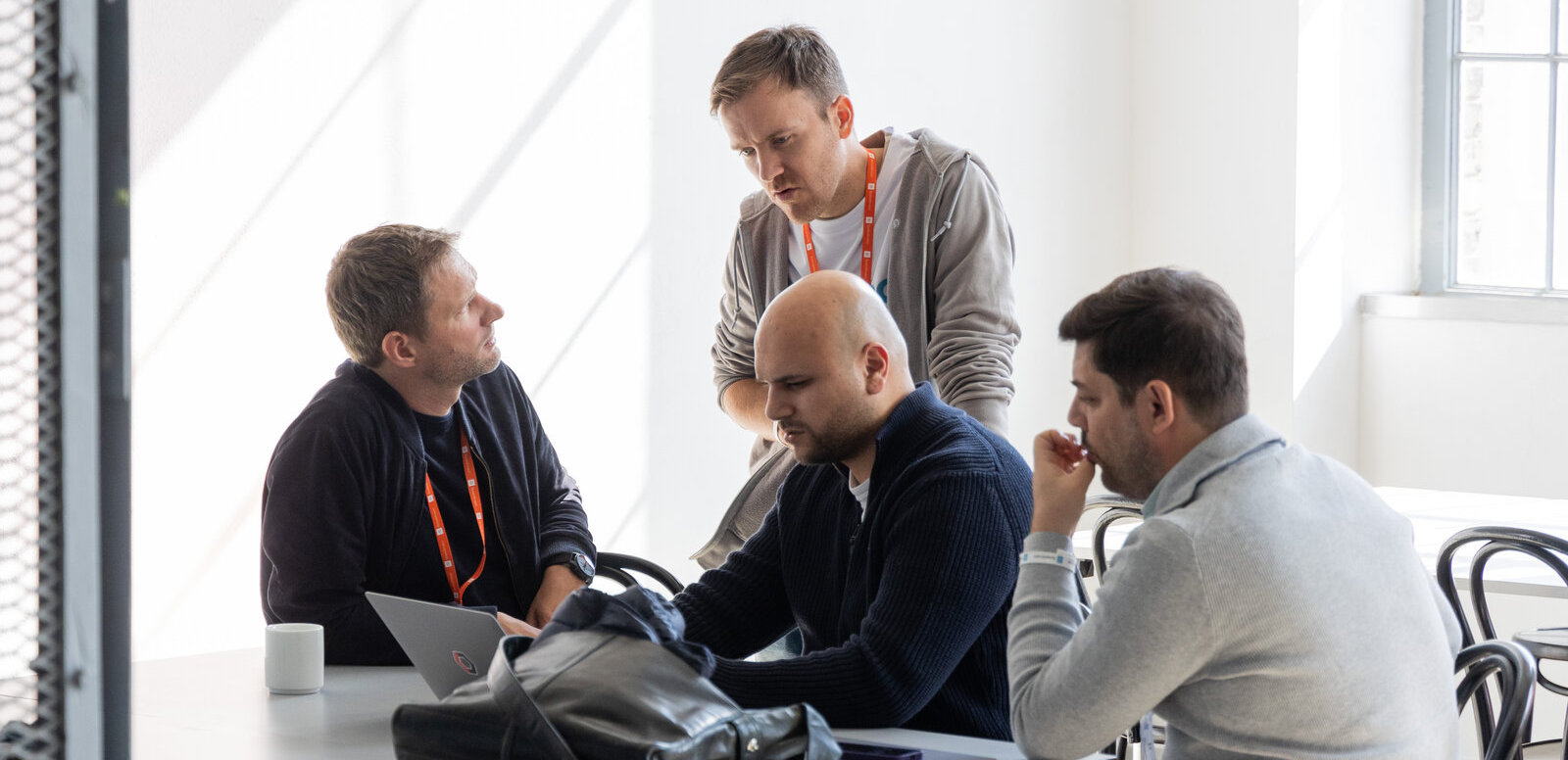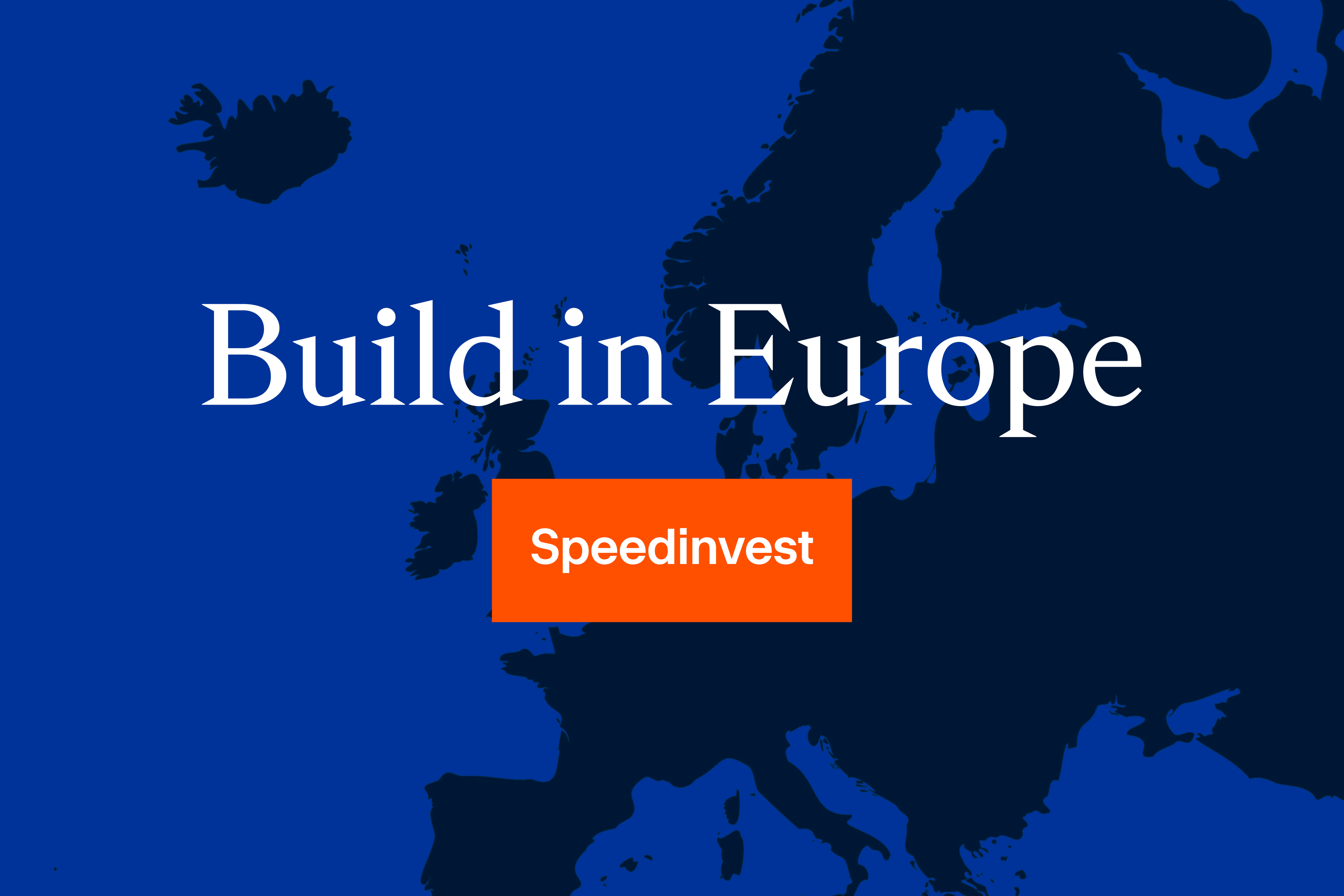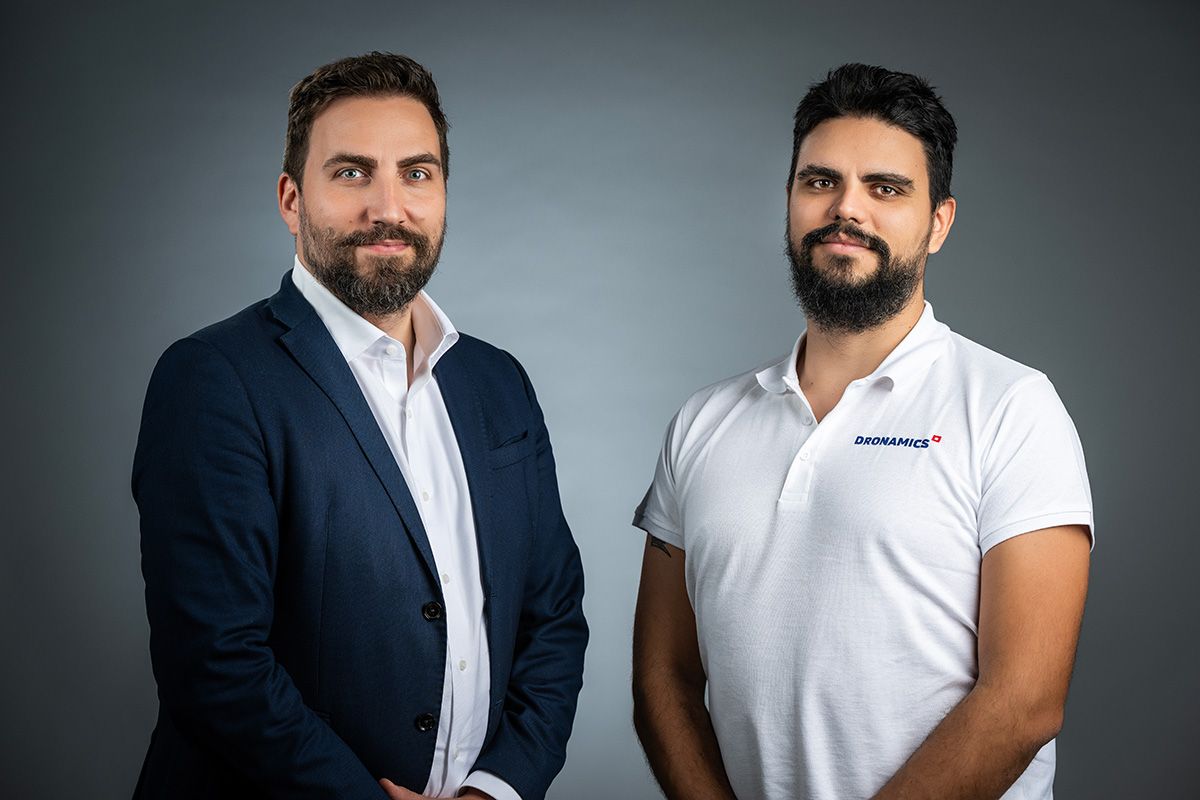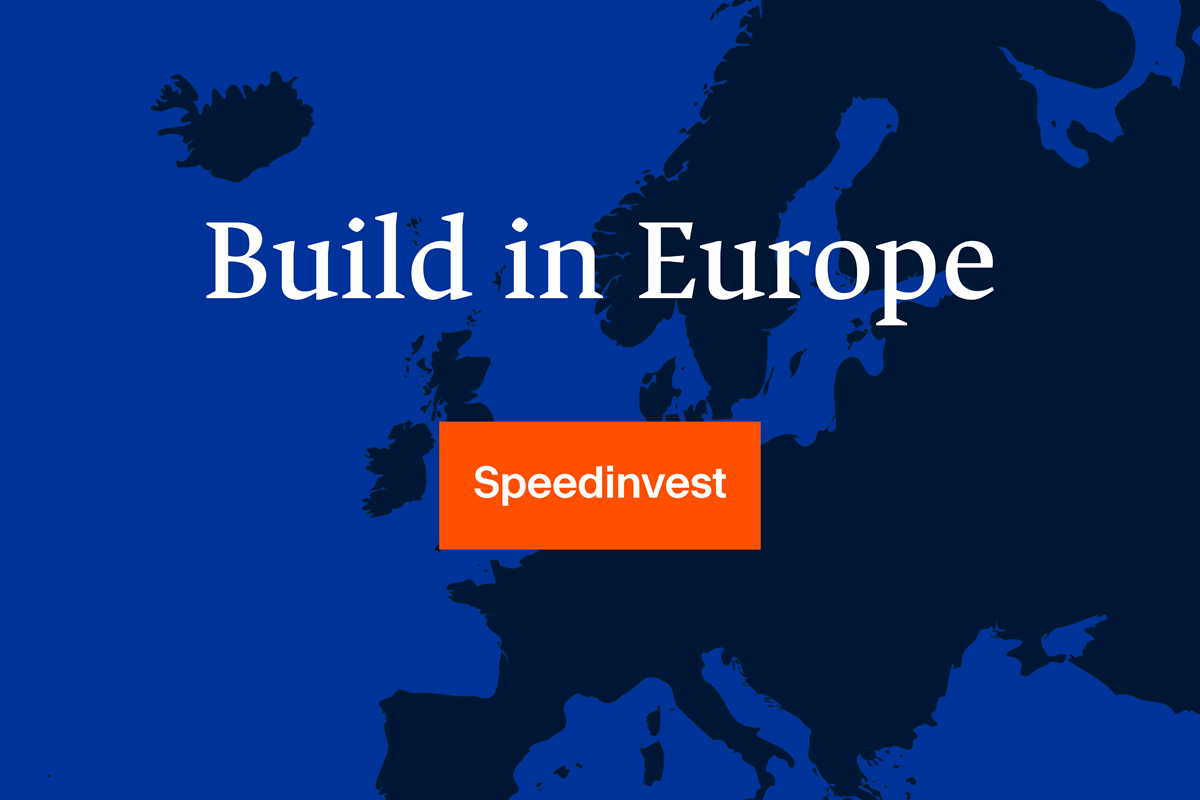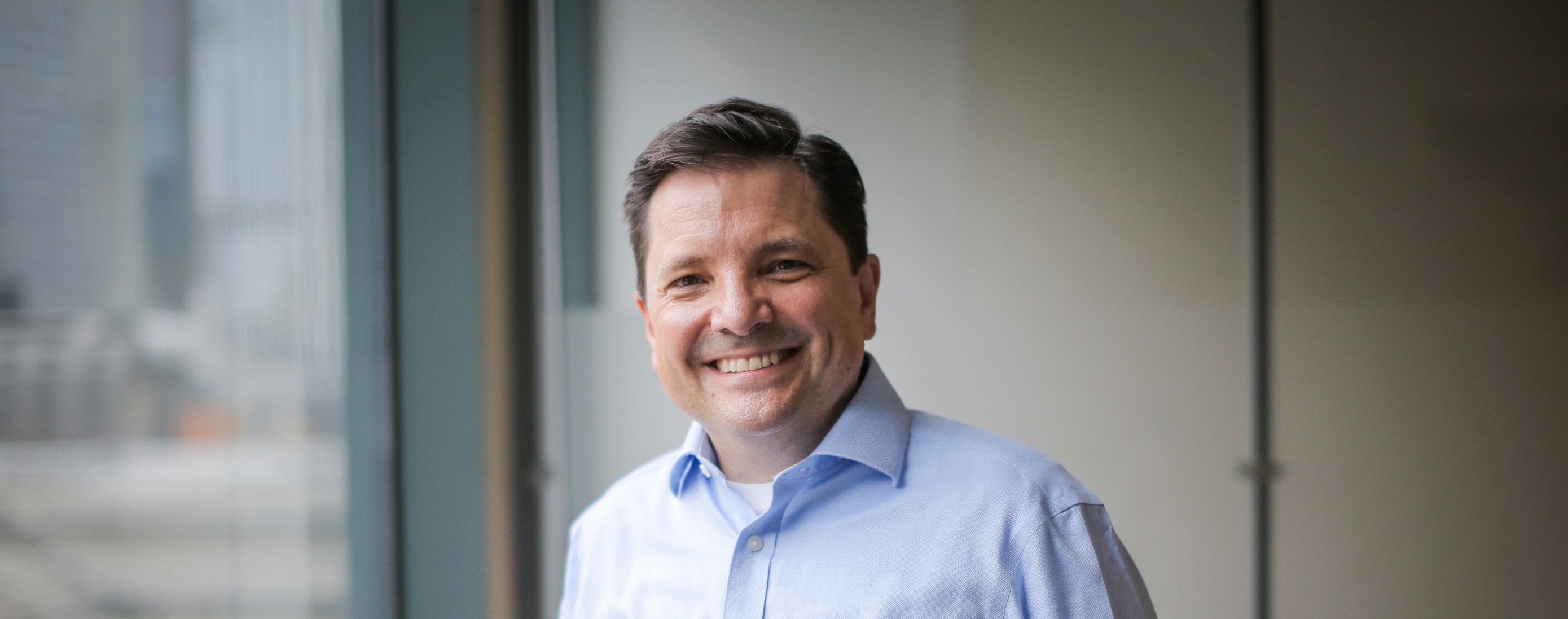The year is coming to a close and it’s one many founders won’t be sad to see go. We’re sure you’re tired of hearing about the economic downturn and the tough decisions many of you have had to personally make this year. We’ve already shared our thoughts on how startups can navigate the current market climate, so we won’t focus on that here. Instead, we’re looking ahead to 2023.
For completely understandable reasons, tech media and startups themselves have been laser-focused on the present. But in order to survive and thrive, we always need to keep one eye on the future. After all, how will you know where you’re going if you’re constantly looking down at your feet? As a pan-European VC with €500 million in fresh funds to help fund the future of early-stage startups, we have no choice but to look forward.
Besides, there are plenty of reasons to be optimistic. Global VC has more dry powder than ever with a record €553 billion raised in 2022 as of this writing. Climate tech itself is maintaining funding levels despite the market downturn, currently set to exceed 2021’s total of €13.8 billion. We’ve said before and we’ll say it again: It’s not all doom and gloom.
The new year is around the corner, so we’re taking advantage of our sector-focused expertise and sharing exclusive insights from our investors. We’ll give you our assessment of your industry at the end of 2022, look ahead at the opportunity in 2023, and leave you with some advice on how to continue growing your startup despite the aftershock of this past year.
Deep Tech
Our impression is that deep tech startups haven’t been affected quite as adversely as startups in other verticals in 2022. We already saw investment slow down significantly in 2021. However, the slowdown hasn’t been the same for everyone. We observed a bifurcation of the market where the top founders continue attracting significant VC attention, leading to healthy competition, while the rest of the market experiences less attention from VCs.
It’s hard to make predictions for what to expect next year in such an unusual environment. However, we are guessing that we will see more of the same bifurcation as in 2022. That said, the top deals can only be done by a small number of VCs, so VC attention should gradually shift to the rest of the market leading to a reduction of the bifurcation. This shift will depend on a range of factors, from the number of startups raising to VC dry powder piles.
Keeping the above in mind, we advise founders to carefully consider their raising timelines and adjust burn accordingly. Particularly, founders should expect slower processes from the VC side and lower valuations than expected in the previous two years. We recommend taking in the detailed advice laid out here by our Managing Partner, Oliver Holle. –– Evgeny Slavin, Associate at Speedinvest
Fintech
Much of the media focus has been on the economic downturn and startups having to make significant cuts to personnel. This is all very real and we don’t want to downplay that reality at all. But it’s also true that fintech, by and large, continues to mature healthily despite the threat of a recession.
When concerned about a potential recession, cash management becomes critical for every business. Therefore, we believe in the rise of CFO and cash management tooling. Founders will need to examine and monitor both their cash flow and runway, which is precisely what our Managing Partner, Oliver Holle, is advising startups to survive the recession.
We also believe the greatest opportunity ahead lies in vertical solutions on the cross-section of industries, such as construction, agriculture, and health. Leveraging industry-specific data and tailoring products to industry-specific pain points and processes, verticalized fintechs can drop CACs while creating additional revenue opportunities.
Despite the crypto winter, we still believe that there is an incredible opportunity in the space, specifically when it comes to regulation. As both crypto and DeFi continue to mature, there’s an ever-increasing need for solutions in infrastructure and compliance to further foster adoption by institutions. Finally, we are big believers in fintech pioneering tech in Emerging Markets, and we expect to see that continue in 2023.
When it comes to founder foundations next year, I’m advising our portfolio companies to stay disciplined in terms of burn, be brutal in prioritization, mindful of unit economics and margins, and to leverage any asymmetry of information and unique industry intel they have. –– Olga Shikhantsova, Partner at Speedinvest
Health
Healthcare is one of the least cyclical sectors of the economy. We have invested close to €17 million across our new and existing health portfolio in 2022 and remain as bullish on digital health in Europe as we were when the markets were at their peak. On a macro level, 2022 will likely be the second-strongest European healthtech year on record in terms of VC funding. The deal volume has noticeably slowed down (and that’s true even for pre-seed / seed stage), but the average amount invested per deal has gone up.
The pandemic revealed the vast potential that lies at the intersection of science, healthcare, and technology but also exposed and exacerbated the vulnerabilities in the healthcare systems around the world. We believe 2023 will be about “must haves” in digital health. We’re living through an unprecedented healthcare staffing crisis and those addressing mission-critical topics, such as clinical capacity bottlenecks, will be in the strongest position next year. In addition to businesses that can dramatically lower costs, increase access or improve outcomes, we will continue to be excited about founders building core healthcare infrastructure and ultimately a more connected healthcare ecosystem in Europe. We see this as a prerequisite for the future success of digital health in the region.
Timing is everything in venture-backed businesses and preserving cash runway is already top of mind for most of our founders. We’ve already compiled a shortlist of the most active digital health VCs, and we will continue to expand it with relevant family offices, corporate VCs, and grants. Even though investors will likely continue to be more selective, those with strong fundamentals will see very competitive rounds. We also believe when it comes to talent and partnerships, next year will be filled with opportunities in European health tech. –– Andrea Zitna, Partner at Speedinvest
Climate Tech & Industrial Tech
It’s no secret that the economic downturn has had a notable impact on the overall startup ecosystem during 2022. However, looking into industrial tech, the funding winter has not been equally as cold for all founders. In fact, we've seen an overall solid development of funding for early-stage industrial tech, driven by a few stronger rounds as well as new sources of capital, including (industrial) corporates investing directly or indirectly. As regulatory and macroeconomic drivers continue to put industrials under pressure despite (or precisely due to) an economic downturn, we’ve even seen several subdomains experience strong growth, such as automation, logistics, and sustainability; and we expect this trend to continue in the coming year.
Speaking of pressure on industrial corporates; being the largest emitters of carbon out there, industrials are increasingly moving sustainability to the top agenda point in their board rooms. The main question, which was big in 2022 already and will likely become even more relevant in the years to come, is how to navigate the desperately needed energy transition. Historically, industrials were used to burning through super cheap energy and are now realizing that they must adapt to green, reliable, and sustainable solutions. So, we are super excited to see a wave of startups tackling the shift in industrial’s energy diets; from energy management, over energy procurement to completely new (and urgently needed) forms of energy sources.
Reduce burn and focus on metrics are no-brainers, and of course we work closely with our founders to develop a clear path to profitability. Yet during 2022, several winners emerged from places such as energy. So if you’re in one of those spaces or planning to start something new, make use of this market timing. Investors are sitting on dry powder, concentrating their focus on opportunities with a strong market pull. Talent is freeing up and hungrier than ever to find purpose in their work. We’re encouraging founders to exploit this opportunity and to find the right people for their business to make the industry more efficient and greener. –– Florian Obst, Principal at Speedinvest
Marketplaces & Consumer
Following a blockbuster 2021 in which many landmark marketplace and consumer businesses were flooded with cash, the previous 12 months have proven to be quite the opposite. With funding especially drying up in later stages, founders of early-stage marketplace and consumer companies have found themselves in a difficult spot, navigating the muddy waters between growing the business while needing to be much more capital efficient compared to previous years.
However, as we argued in our recent State of Marketplaces, there are plenty of reasons to remain optimistic when you’re building an early-stage marketplace business. According to data from Dealroom, marketplace businesses raised over $56 billion in funding globally as of September 2022, trailing only fintech startups. We also continue to see investment rounds in excess of $100 million happening in 2022, albeit at a lower rate than in 2021. Nevertheless, the data is pretty clear: If you’re building an exciting marketplace business based on great fundamentals, investors will be there to support you.
As Speedinvest’s Marketplaces & Consumer team, we’re looking forward to 2023 with great anticipation. We believe there will be many exciting partnership opportunities following a further verticalization of marketplaces, both for B2B (e.g. procurement) and B2C (e.g. edtech and HR). The circular economy will also be top of mind for us, with many startups building great platforms for recycling, rental, and supply-chain-related topics (see our partner, Liefergrün as an example). And, after having invested in a number of businesses in Emerging Markets in 2022, we continue to be excited about the prospect of building time-tested marketplace models in countries in Africa, LatAm, and Asia. –– Jeroen Arts, Partner at Speedinvest
SaaS & Infra
2022 has been a tough year for many SaaS startups and our working hypothesis is that 2023 might be worse. As more scale-ups and unprofitable public companies run out of money, CFOs will be sifting through SaaS budgets in search of any possible cost reduction. This has two implications: much harder customer success, including downsells and churns. And of course, tougher go-to-market for new entrants.
Not everything is doom and gloom. Here is the good news. People aren’t going to stop buying and using software. No one who has ever tried the sweet taste of a great seamless, browser-based user experience is going back to their notepad and excel sheet. To use a canonical example, no mature company is going to rip out their salesforce and go back to tracking their customers in inboxes or a Google Sheet. They may, however, be reluctant to expand their license or look for a more nimble competitive solution. This is where your opportunity lies.
We don’t have a crystal ball and making generalized statements is hard. Our only timeless advice is to focus relentlessly on your product’s ROI for your customers. If you can help either drastically increase the top line or save costs through efficiency gains, then you should be in good shape and may even be able to grab market share from incumbents. Now is also a good time to review your customer success and customer support functions. The strongest asset besides a great product is a strong and vocal champion embedded in your target customer. Make sure they know you are taking good care of them. –– Frederik Hagenauer, Partner at Speedinvest
